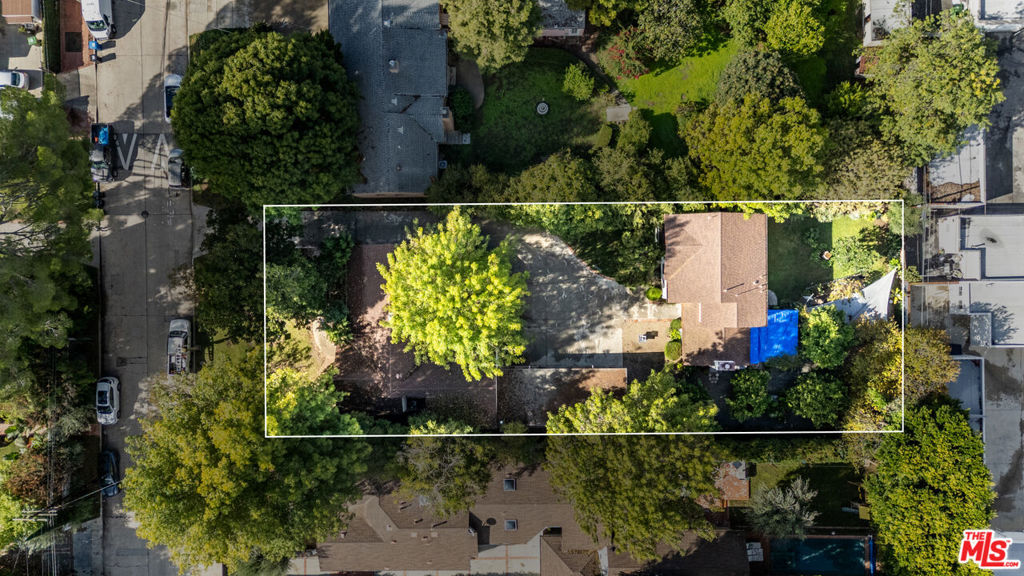The probate process is a unique part of some real estate transactions that can catch tenants and property owners off guard. That’s why it’s important to explore the scenarios in which probate occurs and when to expect possible evictions. With the right strategies in place, you’ll be able to navigate the process and protect your property. Whether you’re a homeowner or a tenant, you can use this guide to understand your legal rights and ensure a fair outcome that protects your property during probate in California.
What is probate?
Probate is the legal process by which a deceased person's assets are distributed to their heirs or beneficiaries. This process involves the court system, which will oversee the payment of debts and taxes, the identification of heirs, and the transfer of property and assets to those individuals. When it comes to probate real estate, if the person who has passed owned a property, that property will need to be probated before it can be sold or transferred to the appropriate family members.
When handling California probate real estate, a personal representative will be appointed to manage the deceased person's estate, and that individual will need to ensure that the property is properly transferred to the beneficiaries in the deceased’s will. They may take steps to appraise the property, have any outstanding debts or taxes paid, and file any necessary paperwork with the court.
Why probate can lead to evictions
Whenever probate real estate is being evaluated, evictions are possible. Three typical scenarios requiring an eviction are 1) there is a rightful occupant on the property that was previously given permission by the deceased to reside there; 2) there is an unlawful person occupying the property that has not been given permission to be there; and 3) there is a lawful tenant on the property that has a term lease.
There are several things to consider related to evictions. For example, you may have a good tenant that’s current on their rent and you may be selling the property to investors interested in a rental property. In that case, occupancy could be seen as a positive feature of the property. On the other hand, you may think the property has more value being sold as a single-family home and may want to put effort into getting it cleaned up and staged, in which case a tenant would not be helpful in achieving your goals.
If you do decide that an eviction is in your best interest, you’ll want to be aware that the eviction process during probate is subject to state-specific and/or local regulations. In California, an estate executor has to follow a specific process to evict a tenant during probate, including providing them with written notice in advance.
Protecting your property during probate
So how can you avoid probate and/or the need for evictions? One of the best ways is to avoid the probate process altogether. By creating a living trust, setting up joint ownership with right of survivorship, or designating beneficiaries for certain assets, such as retirement accounts or life insurance policies, homeowners can prevent probate lawsuits and ownership disputes in the case of their passing.
If you’re involved in probate currently and are concerned about your property, you may want to take steps to secure it, including changing the locks, installing security cameras, or hiring a property manager to oversee it during the probate process. This will help avoid having unwanted guests that you now need to evict. It’s important to communicate with the executor as well, as this can keep you informed about what’s going on and help you easily address any concerns that arise.
If you end up facing a potential eviction, you’ll want to seek legal advice quickly. An experienced probate attorney can help you understand your rights and options, navigate the necessary steps, and protect your property.
Prepare before probate
Understanding the probate process and taking steps to protect your property can help you avoid possible evictions later on. If you’re wondering how to prepare your home ahead of time so that probate and evictions can be avoided, work with a qualified attorney and The CREM Group. A boutique real estate brokerage based in Los Angeles and serving Southern California. The CREM Group brings unique experience in real estate law to each of their clients. For clients that have found themselves in the probate process, The CREM Group can provide guidance on how to do so in a way that keeps the process smooth and simple.
If you’re hoping to buy or sell a property in the Los Angeles, Santa Monica, Orange County, Ventura, or San Diego areas this year, know that The CREM Group has a wealth of local market knowledge that has served hundreds of clients over the years. Get in touch with The CREM Group today.



